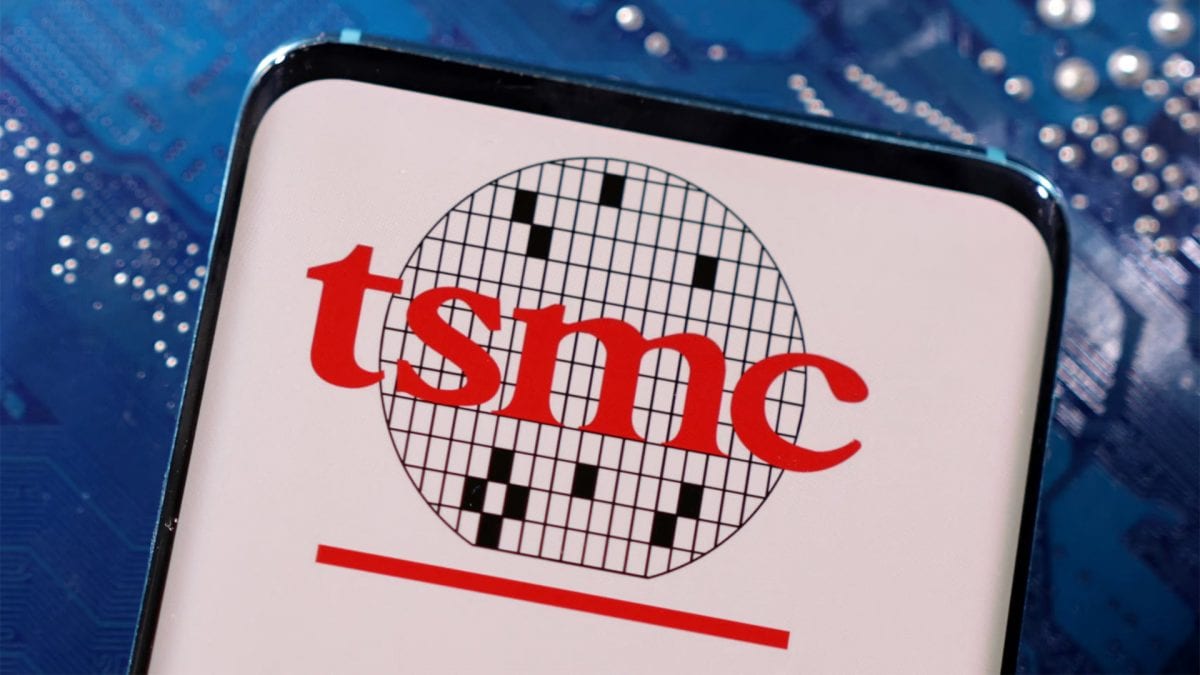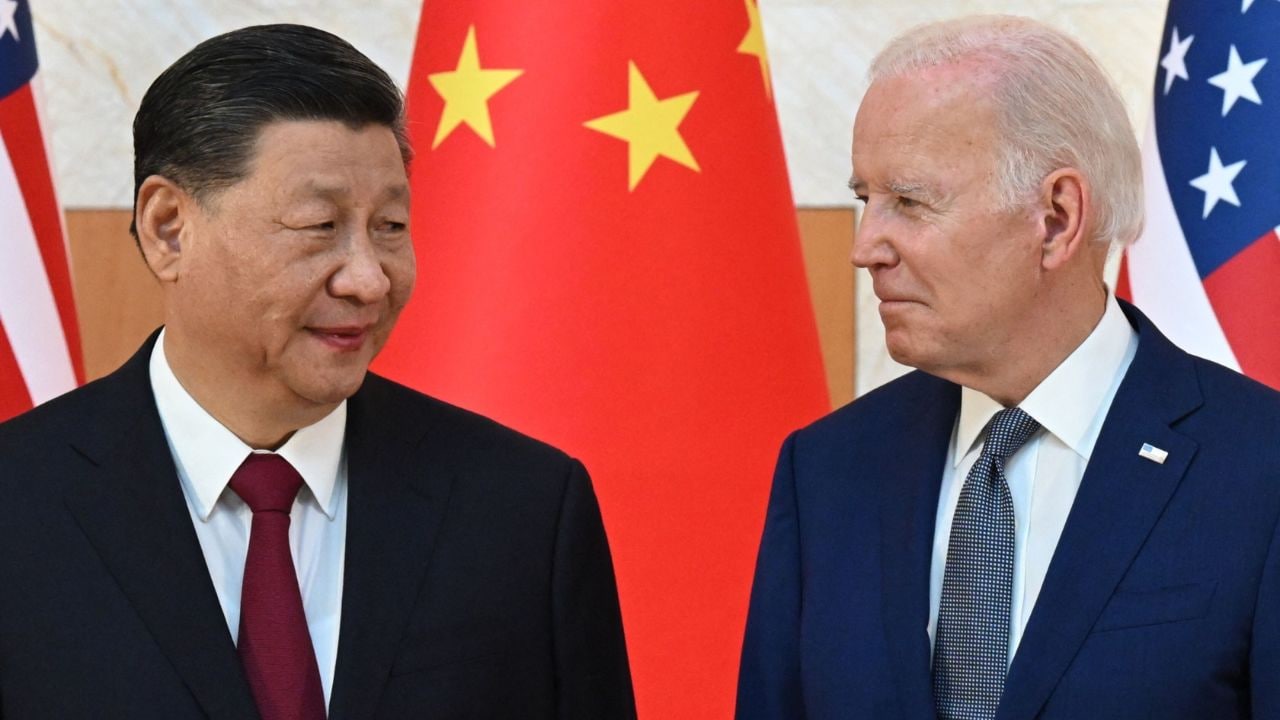
TSMC has been instructed to hit a pause on shipments of advanced AI chips to Chinese firms following a discovery that one of its chips was embedded in a Huawei processor. According to Reuters, the US Department of Commerce issued the directive as part of an ongoing investigation into whether companies are covertly funnelling high-tech chips to Huawei, a company that has long been grappling with strict trade restrictions from the US In response to the directive, TSMC has reportedly informed affected clients that the halt on chip shipments will begin on Monday. These chips, primarily used for AI purposes, have already been under scrutiny, with US officials tightening controls on exports from companies like Nvidia to curb China’s access to cutting-edge tech.
TSMC stated it remains committed to following all relevant export rules and regulations. Meanwhile, US lawmakers have upped the pressure, demanding more transparency from the world’s top semiconductor equipment suppliers, including KLA, Lam Research, Applied Materials, Tokyo Electron, and ASML. Both Republican John Moolenaar and Democrat Raja Krishnamoorthi sent letters urging these firms to disclose details about their sales to China, amidst growing concerns over chip technology potentially boosting China’s military advancement.
The lawmakers pointed out that while some companies worry stricter US export controls could hurt competitiveness, they believe a strong and thriving semiconductor toolmaking industry can coexist with rigorous export regulations. Their message comes against a backdrop of debate over the Biden administration’s anticipated new export restrictions. The proposed regulations aim to further cut off Beijing’s access to advanced chipmaking technology, but they have faced resistance, even from some Democrats.
US firms and government officials are wrestling with the economic consequences of these potential regulations. Equipment makers and industry advocates argue that without similar restrictions from allied countries, US firms could face devastating losses. California Democrats voiced these concerns back in August, cautioning that unilateral export restrictions might put American companies at a disadvantage, particularly if allies like Japan and the Netherlands don’t follow suit.
They warned that such measures could send US semiconductor firms into a “death spiral,” jeopardising the industry’s stability. At the heart of this tension is a fear in Washington that China’s rapidly advancing chipmaking capabilities could fuel military modernisation. Despite these concerns, persuading allies to adopt tougher restrictions has proven challenging, leaving US companies worried about being unfairly impacted.
As of now, neither KLA, Lam Research, Applied Materials, Tokyo Electron, nor ASML have commented on the lawmakers’ demands for sales details. The situation underscores the ongoing global tug-of-war over tech supremacy, with chip technology sitting squarely at the centre. As TSMC halts shipments and US officials push for more stringent controls, the semiconductor industry waits to see how this latest chapter in the US-China tech standoff unfolds.
.














